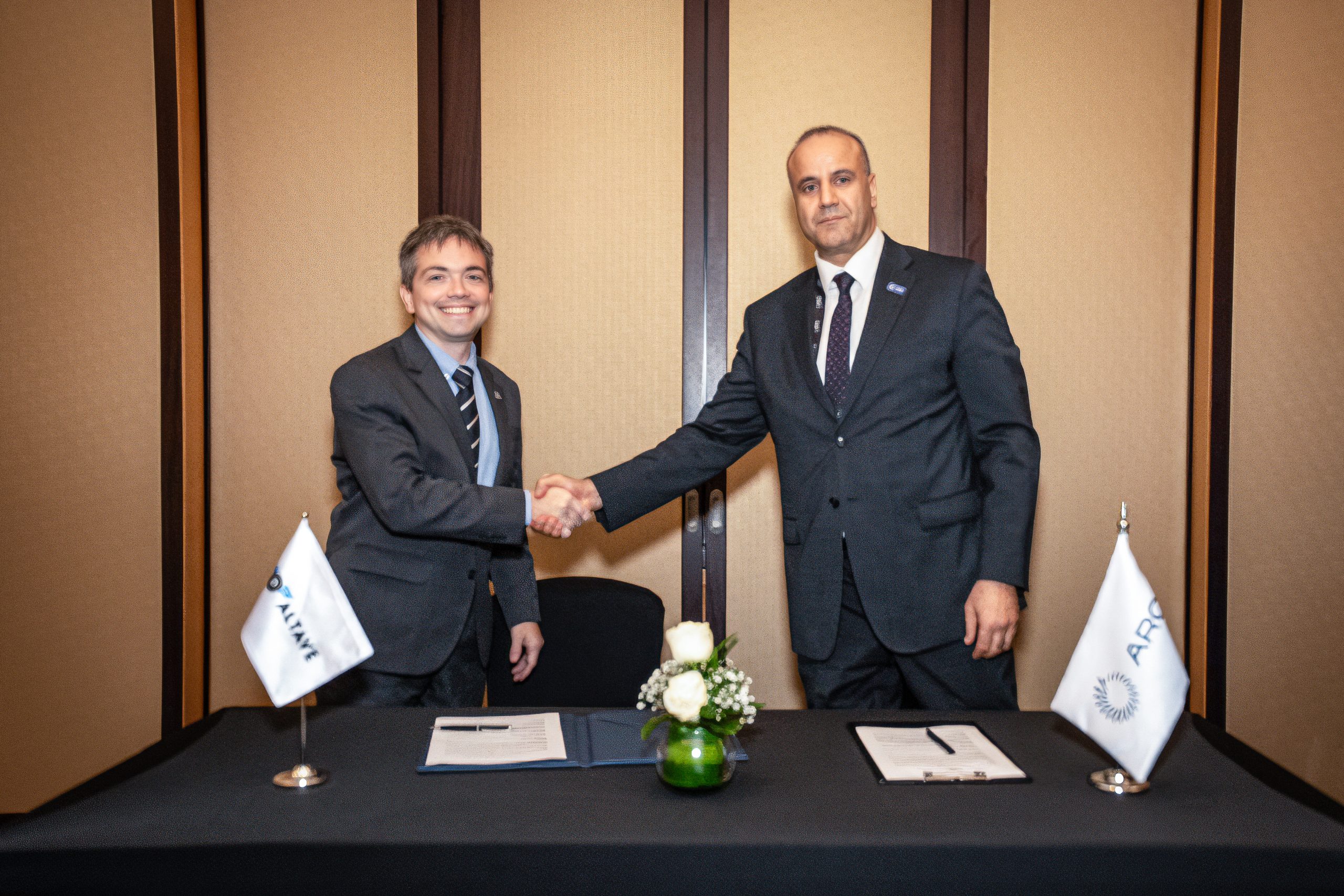Workplace fatigue is a silent problem, but it has profound impacts on both employees and industrial operations. It goes beyond simple tiredness and can compromise health, safety and productivity. In industrial environments, where precision and attention are non-negotiable, the risk is even higher.
Talking about the consequences of fatigue is essential to understanding the extent of the problem and acting strategically. The sooner a company recognizes the signs and takes action, the better protected its employees, processes and results will be.
Therefore, we will address important topics related to this subject in this article, such as what fatigue is, the consequences for the worker and for the industrial operation, how to identify signs of fatigue in the team and what your company can do.
What is fatigue and why does it happen?
Fatigue can be divided into three main types: physical (related to muscle exhaustion), mental (associated with cognitive overload) and emotional (related to stress and psychological pressure). It occurs when the body or mind is exposed to prolonged effort without adequate recovery.
The main causes include long working hours, sleep deprivation, excessive targets, inadequate working conditions such as excessive noise and heat, and social factors such as personal or family difficulties.
The consequences of fatigue at work
Consequences for the worker
Frequent exposure to fatigue compromises the physical and mental health of employees. It reduces their ability to pay attention, reflect and judge, increasing the risk of errors and accidents.
In everyday life, this translates into a greater propensity for irritability, decreased performance, difficulty concentrating and slow decision-making. In the long term, the accumulation of stress can lead to serious conditions such as burnout, depression, insomnia and even cardiovascular disease.
Consequences for industrial operation
For operations, fatigue represents a direct operational risk. It is among the main factors behind human failures, workplace accidents and unexpected shutdowns.
Productivity also suffers: the pace slows down, rework increases and process efficiency is compromised. Not to mention the indirect costs: wasted resources, loss of raw materials and compromised quality.
The organizational climate is also affected. Exhausting environments generate turnover, absenteeism and demotivation. The perception of a lack of care on the part of management negatively impacts the company's culture.
Examples and real market data
According to the National Institute for Occupational Safety and Health (NIOSH), in the United States, fatigue is one of the factors that contribute to approximately 13% of serious workplace accidents. In Brazil, the Ministry of Labor has already pointed out that nighttime accidents are more frequent and serious, which reinforces the importance of the issue.
Companies that have adopted effective measures against fatigue, such as Vale and Embraer, have seen significant reductions in accidents and improvements in team engagement. These good practices include controlling working hours, creating more ergonomic environments and using technologies to identify operational risks
How to identify signs of fatigue in your team
The signs of fatigue are not always easy to spot. Some common signs include excessive sleepiness, irritability, difficulty concentrating, slower movements or repeated simple mistakes.
Complaints of constant pain, unusual fatigue and a drop in performance may also be indicative. From an operational point of view, increases in failures, minor accidents and delays are data that deserve attention.
Technology plays a crucial role in this process. Intelligent monitoring solutions allow you to identify dangerous situations before they become incidents, protecting employees even when they are most vulnerable.
Although technology cannot read a worker's physiological state, monitoring tools with artificial intelligence (AI), such as those from ALTAVE, help detect risk situations in the environment: such as presence in dangerous areas, movement close to suspended loads or inappropriate use of PPE.
What your company can do
Managing the risk of fatigue requires action on several fronts. It starts with good workday management: scheduled breaks, clear limits on overtime, and shifts organized according to the biological rhythm of workers (as far as possible).
Ergonomics also make a difference. Well-ventilated environments, with appropriate furniture and noise control, help reduce physical fatigue. Awareness programs on sleep, nutrition and mental health are important allies.
As already mentioned, intelligent monitoring is an important ally in risk mitigation. Investing in this technology raises the level of security, adding a digital layer of protection to industrial operations. Having a robust and reliable system brings more peace of mind to managers and teams on a daily basis. Therefore, the choice of supplier is a decisive factor in ensuring the continuity and effectiveness of this system.
Conclusion
Fatigue at work cannot be ignored. It is a threat to people’s safety and to the operational continuity of companies.
Taking responsibility for this issue is an essential step for any organization committed to safety and efficiency. Reviewing policies, implementing improvements and adopting technological solutions is the path to a more humane, safe and productive culture.
About ALTAVE
ALTAVE offers intelligent monitoring solutions that increase safety in critical operations, protecting people, assets, and processes. By combining cutting-edge technology with automated analysis, it is possible to identify risk situations in real time and prevent accidents before they happen.
With real-time monitoring, intuitive dashboards and 24/7 support, ALTAVE contributes to operational safety and the protection of lives and essential resources. The company has patented technologies in Brazil and abroad, and is present around the world, serving sectors such as Defense and Security, Energy, Mining, Ports, Agribusiness and Oil and Gas.
Recognized for its strategic relevance, ALTAVE is accredited as a Strategic Defense Company by the Brazilian Ministry of Defense and a supplier to Petrobras.
Let's have a chat?
Contact us to learn more about how our solution can help your company!





